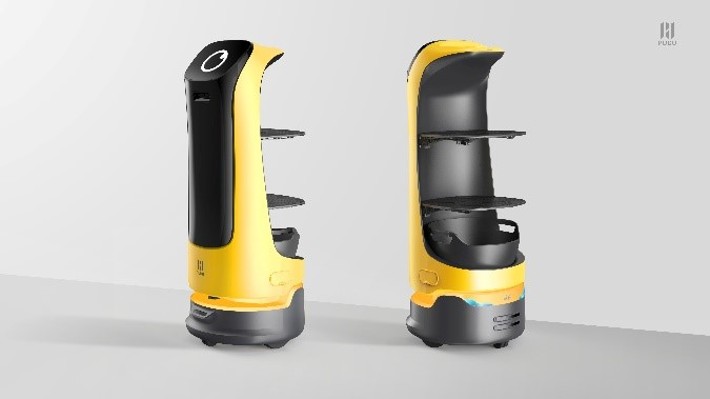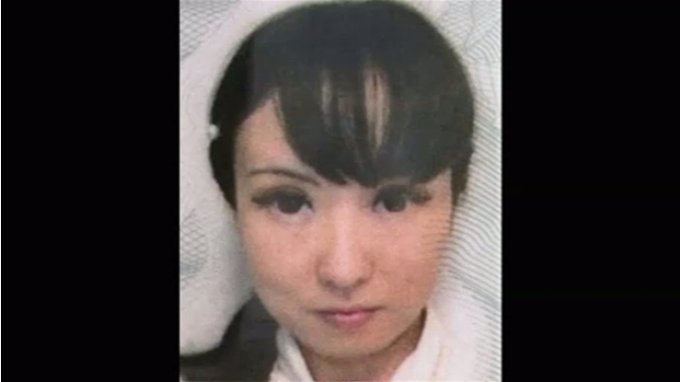[ad_1]
The government is wary of public sentiment increasingly turning against U.S. bases in Japan, as military personnel are believed to have triggered a coronavirus resurgence in three prefectures to be placed under pre-emergency measures.
Many people in Okinawa, Yamaguchi and Hiroshima prefectures live in close proximity to U.S. military bases, and the infection prevention measures taken by the U.S. forces, which some have criticized as being too lax, are thought to be behind the explosion of cases there.
Foreign Minister Yoshimasa Hayashi called U.S. Secretary of State Antony Blinken on Thursday to “strongly urge the bolstering and thorough enforcement of measures, such as introducing restrictions on going out.”
Blinken said that he would do what he can, in response to the unprecedented request by a Japanese foreign minister.
Okinawa hosts over 70% of the U.S. military facilities in Japan, including coronavirus-hit Camp Hansen. The Iwakuni base in Yamaguchi Prefecture borders Hiroshima Prefecture.
Bases in Okinawa and Yamaguchi have both confirmed infection clusters believed to be caused by the omicron coronavirus variant.
The Okinawa Prefectural Government announced Friday that a record high of 254 COVID-19 cases were confirmed in U.S. bases in the prefecture. The Iwakuni base reported 91 cases the same day.
It was revealed in December that U.S. forces had been lax in their border measures against the virus. With Japan unable to carry out quarantine checks on U.S. military personnel due to the bilateral Status of Forces Agreement, the United States had said that it would take measures consistent with those of Japan.
But it was found that the U.S. side was not conducting pre-departure and post-arrival testing, as required by Japan, and that it had shortened the period of restrictions on arriving personnel’s movement from 14 days to 10. It also allowed people in the restriction period to move freely within U.S. bases.
After the Japanese government lodged a protest on Dec. 22, the U.S. forces introduced measures, such as testing personnel within 72 hours of departure from the United States and 24 hours of arrival in Japan, by Dec. 30.
The stricter measures appear to have come too late, however, as the three prefectures were already experiencing surges in coronavirus infections by late December.
The governors of Okinawa, Yamaguchi and Hiroshima have expressed anger about the situation.
Okinawa Gov. Denny Tamaki told reporters on Thursday that “U.S. military bases are one of the major causes of the spread of infections,” while Yamaguchi Gov. Tsugumasa Muraoka said, “The fact that (military personnel) were not tested before departure from the United States had a big impact.” Hiroshima Gov. Hidehiko Yuzaki also called the U.S. military’s measures “extremely regrettable.”
The Japanese government is rushing to allay fears about the spread of infections from U.S. bases, as it is worried that such concerns and anti-U.S. base sentiment may grow among the general public.
Apart from bases in Okinawa and Yamaguchi, the number of coronavirus infections as of Thursday stood at 82 at the Misawa base in Aomori Prefecture, 80 at the Yokosuka base and 69 at the Atsugi base, both in Kanagawa Prefecture, and 65 at the Yokota base in Tokyo.
Speaking to reporters on Thursday, Prime Minister Fumio Kishida said it is difficult to conclude that the surge in infections in Japan was caused by the U.S. forces, but added that he had instructed Hayashi to demand stricter measures at the two-plus-two talks between Japanese and U.S. foreign and defense ministers on Friday.
“We will vigorously seek action from the U.S. side and gain understanding (from the public),” Kishida said.
The U.S. forces in Japan announced stepped-up infection prevention measures on Thursday, including requiring personnel to wear masks outside their bases.
Japanese opposition parties are calling for a review of the Japan-U.S. Status of Forces Agreement, which has prevented Japanese control over quarantine measures for American military personnel.
“The root cause lies in the humiliating Status of Forces Agreement,” Kazuo Shii, leader of the Japanese Communist Party, said. “We strongly demand a drastic revision.”
In a time of both misinformation and too much information, quality journalism is more crucial than ever.
By subscribing, you can help us get the story right.
SUBSCRIBE NOW
[ad_2]
Source link





















